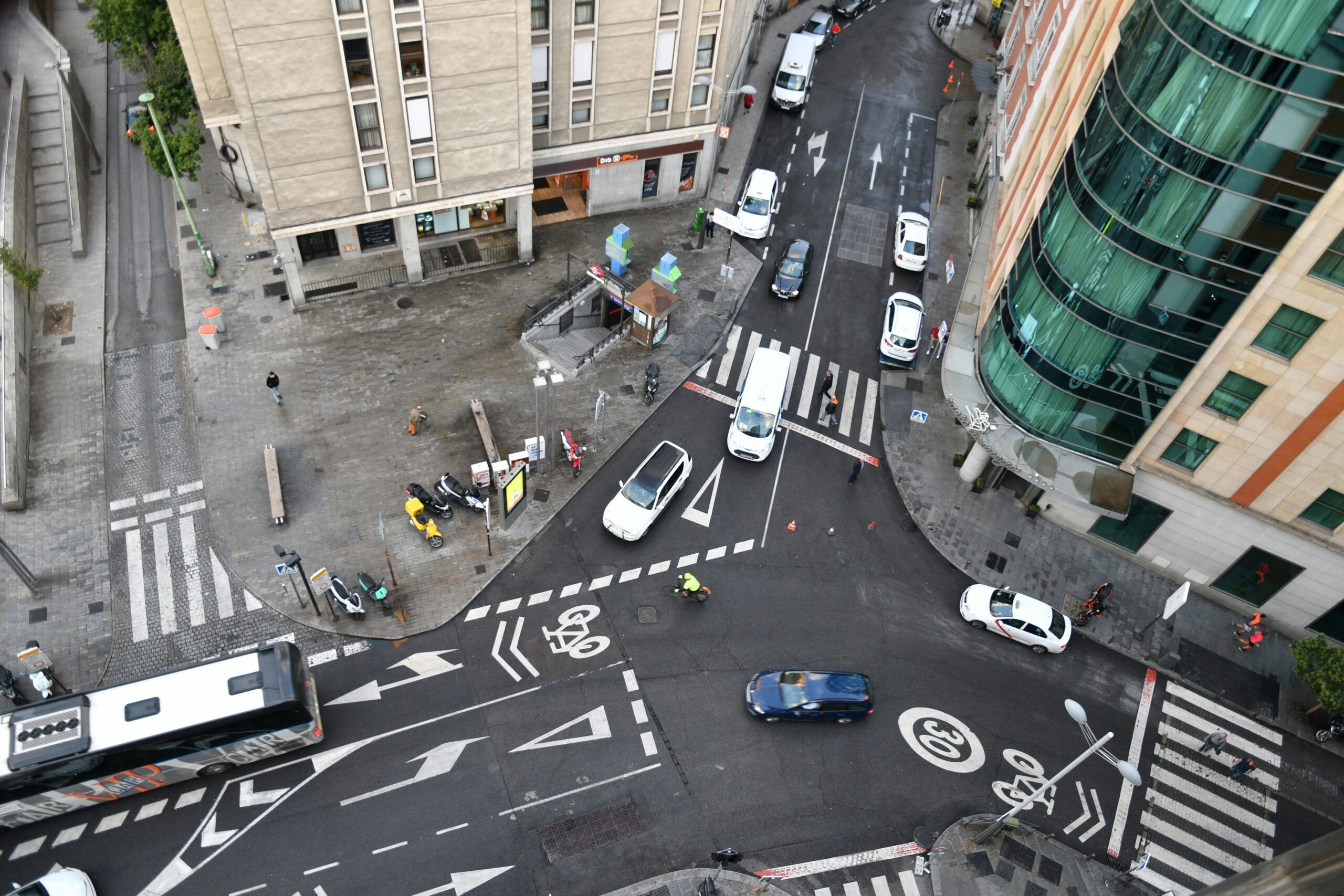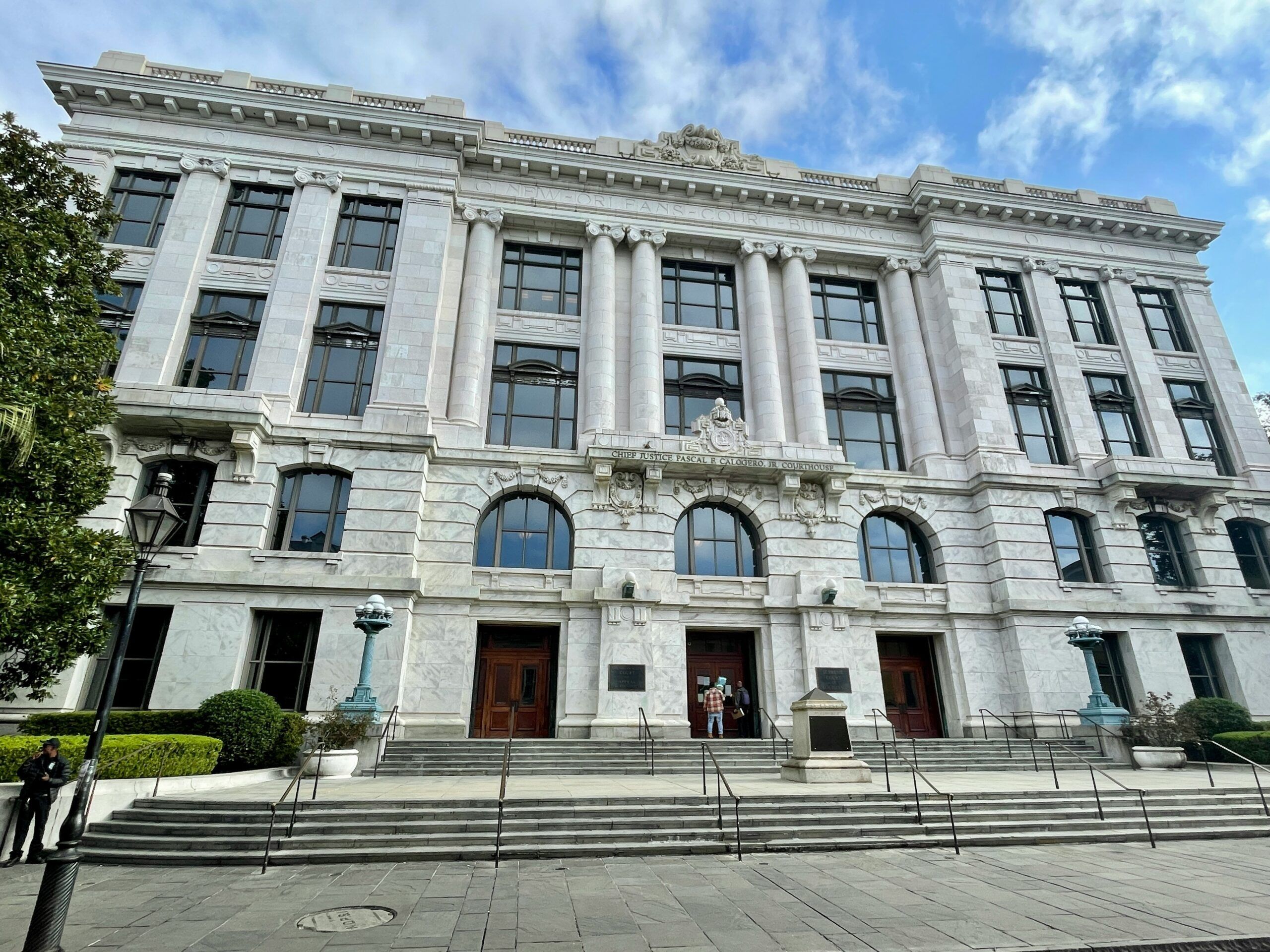FEATURE ARTICLE: Practicing Civility in an Uncivil World: Part I
Author: Dr. Michael H. Hoeflich
This article is featured in Volume 5, Number 1 of the Legal Ethics and Malpractice Reporter.
In the past several years, we have seen a number of major cultural shifts in the United States. In the past decade, what has become acceptable public behavior has changed massively. We now live in a world in which cultural, religious, and political differences have led to confrontations both in private and public that have lowered the standards of civility. Daily, we see public figures, including lawyers, educators, and government officeholders, use foul language, physical threats, and, on occasion violence. We have watched members of Congress physically and verbally attack each other in a manner not seen in those hallowed halls since the Civil War. And, of course, politics has become a constant battle in the cultural wars that have marked the past twenty years. What this leads me to wonder is whether the legal profession can resist this degeneration in manners and behavior and maintain some level of professionalism.
I think that it is entirely possible that in the coming months, as the Presidential election heats up, the growing incivility in everyday life will increase. There can be no doubt that many lawyers will get publicly involved in the election and that some may well exceed traditional boundaries of professional behavior. Personally, I find that unfortunate and I believe that it is also a problem for the profession if the public loses faith in lawyers’ professionalism. Thus, I ask the question: what can the legal profession do to moderate lawyer incivility in an uncivil time?
There are many things a lawyer can do that would be uncivil in public minds and to members of the legal profession. To my mind, the most significant is incivility in public and private speech and acts. For several years, the media has been filled with images of lawyers using shocking language against other lawyers and judges and reacting to court decisions in an extreme manner. What would have been shocking several years ago has now become commonplace.
The problem of lawyer incivility is not new. Over the past several decades, many states have wrestled with the problem. On the one hand, states and courts must be very careful about placing restrictions on constitutionally protected speech. On the other hand, not all speech or acts in all contexts are protected. Several states have adopted codes of civility. The Kansas Bar Association adopted the “Pillars of Professionalism.”
The Third Pillar reads:
With respect to courts:
Treat judges and court personnel with courtesy, respect, and consideration.
Act with candor, honesty, and fairness toward the court.
Counsel clients to behave courteously, respectfully, and with consideration toward judges and court personnel.
Accept all rulings, favorable or unfavorable, in a manner that demonstrates respect for the court, even if expressing respectful disagreement with a ruling is necessary to preserve a client’s rights.
The fourth and final section of the KBA Pillars reads:
With respect to the profession and the public:
Be mindful that, as members of the legal profession, lawyers have an obligation to the rule of law and to ensure that the benefits and the burdens of the law are applied equally to all persons.
Participate in continuing legal education and legal publications to share best practices for dealing ethically and professionally with all participants in the judicial system.
Take opportunities to improve the legal system and profession.
Give back to the community through pro bono, civic or charitable involvement, mentoring, or other public service.
Defend the profession and the judiciary against unfounded and unreasonable attacks and educate others so that such attacks are minimized or eliminated.
Be mindful of how technology could result in unanticipated consequences. A lawyer’s comments and actions can be broadcast to a large and potentially unanticipated audience.
In all your activities, act in a manner which, if publicized, would reflect well on the legal profession.
These Pillars are directly relevant to the current incivility in politics and public life. One of the characteristics of the current political situation is that litigants—and their lawyers—mount attacks on the judiciary, from the Supreme Court to local courts. It has become common when a court issues an opinion that individuals and groups do not like to attack the court and individual judges on the courts. Such attacks have now even been extended to court personnel. There is a critical difference between attacking an opinion of a judge and attacking a judge personally. The Pillars deal with this issue:
Treat judges and court personnel with courtesy, respect, and consideration.
And:
Defend the profession and the judiciary against unfounded and unreasonable attacks and educate others so that such attacks are minimized or eliminated.
Critically, however, violations of the Pillars carry no sanctions. There is no investigative or prosecutorial process that accompanies the Pillars. Instead, the Pillars are aspirational guidelines issued to inspire lawyers to follow them. Whether this hope will be justified in the present highly partisan political, social, and cultural situation is sometimes doubtful. We will return to this later in this article and next month’s article.
We can hope that most uncivil acts that we may witness during this election year will not involve actual violence, although I fear that some will. Violent acts are, generally, illegal—even when undertaken for political reasons. Lawyers whose incivility reaches the point of illegal violence can be sanctioned because illegal acts by lawyers fall clearly within the Rules of Professional Conduct, especially Rules 1.2(d) and 8.4(b). Rule 1.2(d) states:
A lawyer shall not counsel a client to engage or assist a client in conduct that the lawyer knows is criminal or fraudulent, but a lawyer may discuss the legal consequences of any proposed course of conduct with a client and may counsel or assist a client to make a good faith effort to determine the validity, scope, meaning or application of the law.
Rule 8.4(b) states:
It is professional misconduct for a lawyer to:
(b) commit a criminal act that reflects adversely on the lawyer’s honesty, trustworthiness or fitness as a lawyer in other respects…
If lawyers’ violent behavior is found to be illegal, and thus subject to the Rules of Professional Conduct, then they will be subject to investigation and prosecution and, if appropriate, the imposition of sanctions.
Incivility that consists solely of speech or non-violent acts, however, may well fall outside the Rules because prohibiting speech or non-violent acts, especially speech or acts that can be deemed political, would very possibly be unconstitutional. Professors Bruce Green and Rebecca Roiphe published a brilliant article on this subject that is very much worth reading. In next month’s article, we will discuss which of the Rules of Professional Conduct, if any, might be used to punish incivility in speech.
If the Rules do not apply to many acts of incivility in lawyer speech and non-violent actions, then we are, in fact, left with the Pillars and other civility codes adopted in other states. In this situation, as noted, the Pillars are aspirational only. It is, therefore, extremely important to ensure that lawyers believe that they are worth following.
Nick Badgerow, a partner at Spencer Fane, and one of the leading experts on professional ethics in Kansas and Missouri, has been the leading Kansas lawyer to advocate for lawyer civility and has written extensively on the subject. Chief Justice Luckert and other members of the Kansas Supreme Court have also been outspoken in support of increased civility at the Bar. Certainly, their writings and lectures and those of others have had a beneficial effect. But can journal articles, lectures, education, and organizations like the Inns of Court succeed against the rising tide of incivility in our country? I am afraid that I am coming to believe that aspirational guides like the Pillars of Professionalism are simply not enough and that the measures called for by these aspirational documents will not succeed.
If the level of incivility has risen to a crisis point, then the legal profession needs to rethink whether there are ways to incorporate rules against incivility into the Rules of Professional Conduct. I have been a proponent of civility rules and the Pillars. And I continue to be so. But I am also very concerned that uncivil speech and acts that are not currently clearly covered by the Rules of Professional Conduct are on the rise and are a danger to the legal profession.
READ THE FULL ISSUE OF LEMR, Vol. 5, No. 1
About Joseph, Hollander & Craft LLC
Joseph, Hollander & Craft is a mid-size law firm representing criminal defense, civil defense, personal injury, and family law clients throughout Kansas and Missouri. From our offices in Kansas City, Lawrence, Overland Park, Topeka and Wichita, our team of 25 attorneys covers a lot of ground, both geographically and professionally.
We defend against life-changing criminal prosecutions. We protect children and property in divorce cases. We pursue relief for clients who have suffered catastrophic injuries or the death of a loved one due to the negligence of others. We fight allegations of professional misconduct against medical and legal practitioners, accountants, real estate agents, and others.
When your business, freedom, property, or career is at stake, you want the attorney standing beside you to be skilled, prepared, and relentless — Ready for Anything, come what may. At JHC, we pride ourselves on offering outstanding legal counsel and representation with the personal attention and professionalism our clients deserve. Learn more about our attorneys and their areas of practice, and locate a JHC office near you.












